Unpacking some common myths about LSD
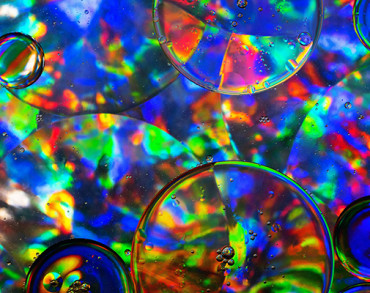

There are a lot of misconceptions about LSD (also known as acid, dots, tabs). We take a closer look at some of the most common myths.
LSD, short for lysergic acid diethylamide, is a psychedelic hallucinogen that distorts and alters perceptions. It’s synthesised from ergot, a fungus that grows on grains like rye.
As a psychedelic hallucinogen, it causes a state of altered perception of reality, with a heightened awareness of sensory input, but with little control over what’s being experienced. This can last for up to 12 hours.
It’s often referenced in pop culture, largely because it was super popular in 1960s and 1970s, particularly within the hippy movement. As a result, there are quite a few myths and misconceptions around taking LSD. Let’s unpack some of them!
Stay safer by staying informed. Sign up to receive alerts and notifications about any dangerous drugs in NZ. Check out the alerts page to see what we've already found.
LSD will make you more spiritually aware
LSD developed a reputation in the 60s for making people more spiritually aware, loving, and able to access a higher consciousness. While some people may report pleasant experiences on LSD, where they feel more in touch with their inner selves, the effects of LSD are very unpredictable.
The same dose from the same batch can affect one person very different to another, and the same person can also have a very different experience from one trip to the next, even if taking the same amount from the same batch.
LSD can profoundly alter your sense of reality, making you more aware of the things normally filtered out by your mind, ranging from visual, auditory, sensory and emotional inputs. For some people that may be like a spiritual journey, but others have reported rapid and intense mental and emotional swings, making for a scary and unpleasant experience. This can include feeling overwhelmed, anxious, paranoid, or panicked.
Having a friend around will keep you from having a bad trip
There seems to be a belief that if you have a friend with you while you take LSD, you won’t have a bad trip. The idea is they can support you and say the right things to make sure you only have a positive experience.
While it’s always safer to have someone with you that you trust (and who has knowledge of first aid!) when taking drugs, there’s no guarantee a friend will have any impact on whether you have a bad trip or not. They can help to keep you safe when things go wrong.
Remember, LSD completely changes the way you perceive the world. You may not even recognise your friend as a friend in the moment, and they may not be able to help you stay in touch with reality.
Make sure you know how to recognise the signs of an overdose, and always call 111 if you or someone else is experiencing symptoms.
Orange juice or Vitamin C can stop a bad trip
There’s an urban myth that drinking orange juice will stop a bad trip and cancel out the effects of LSD. But LSD doesn’t have an immediate effect – it takes up to an hour to kick in.
That means by the time you start experiencing effects, your body has already metabolised the drug, and there’s no way to stop those effects from playing out. This can take over four hours, with decreasing effects lasting for up to 12 hours afterwards.
Low doses are safer. LSD is very powerful and taking too much increases the negative effects, and chance of overdose.
LSD never leaves the body
A myth that often crops up is that LSD is permanently stored in the body – particularly, that it’s stored in spinal fluid. Others suggest the remaining LSD stored in the body could be released at any time, causing a surprise trip. None of that is true. LSD metabolised and passes through the body completely, and relatively quickly.
You can find out more about LSD and how to stay safe through the NZ Drug Foundation.
If you have any concerns about your own alcohol or drug use, or that of a friend, get in touch with the Alcohol Drug Helpline. Call 0800 787 797, or text 8681, to speak with a trained counsellor – they’ll be able to provide you with helpful information, insight and support. They’re available 24/7, all calls are free and confidential. You can also chat with the team through their website.
Latest Articles
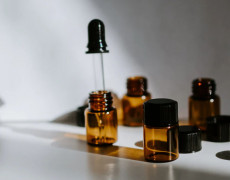
15 Apr 2024
Thinking of using GBL/GHB?
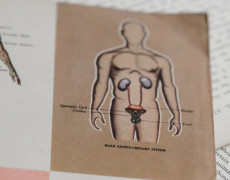
12 Apr 2024
Ketamine and bladder damage – know the risks
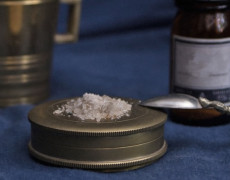
8 Mar 2024
Synthetic cathinones explained

22 Feb 2024
What’s happening with synthetic cannabinoids?
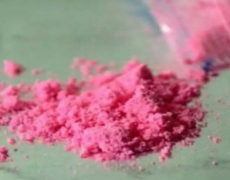
31 Jan 2024
What is tuci?
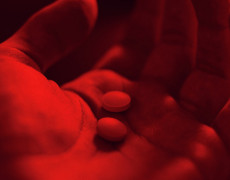
19 Jan 2024
Answering some common questions about MDMA

10 Jan 2024
Understanding the risks of the comedown

5 Jan 2024
Looking after your mental health

15 Dec 2023
Tips for a safer night out

12 Dec 2023
To mix it is to risk it
